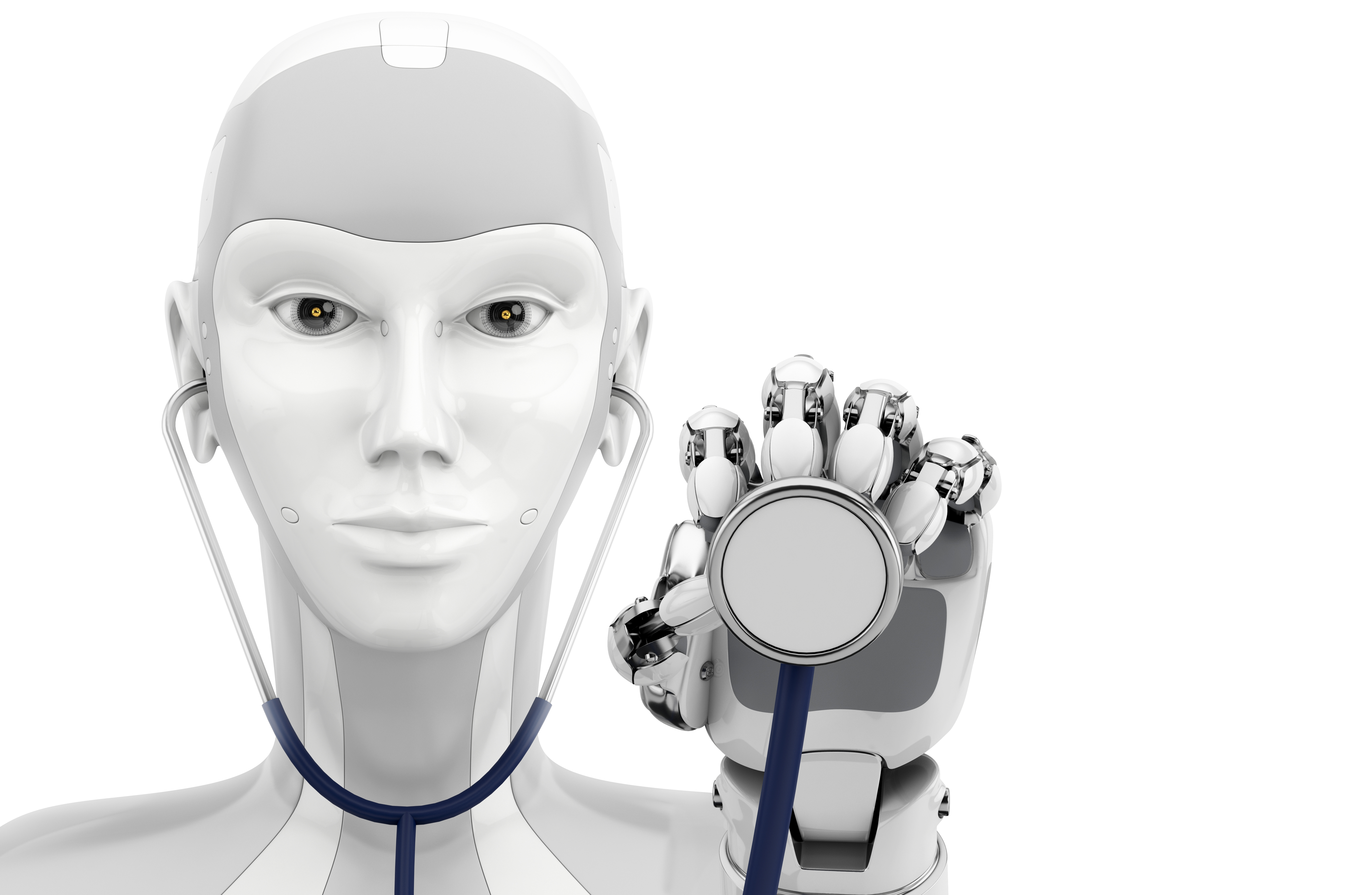
While it may not be the first thing that comes to mind, mental healthcare is a critical part of cancer treatment, as cancer patients are susceptible to an array of mental health challenges, including primarily depression and anxiety.
But according to a team of researchers at the Roswell Park Comprehensive Cancer Center, in Buffalo, NY, to date there has been “a lack of objective method for mental health evaluation,” a dearth they set out to begin to address with a study recently published at Nature.
For the study, the team developed “an objective method for mental health evaluation using a combination of convolutional neural network and long short-term memory (CNN-LSTM) algorithms learned and validated by visual metrics time-series.”
They used the algorithms to study the eye movements of patients wearing tracking glasses while observing artwork in an in-house art gallery. The AI used the gaze and pupil position data from those TobiiPro glasses (Tobii being a producer of Virtual Reality headsets) to determine likely responses on hope, anxiety and mental wellbeing questionnaires both pre- and post- study.
For the study, 25 participants attended at least one session for 15 minutes at the dedicated in-house art gallery. Eighteen pieces of art were selected based on the suggestions within the existing literature, by an expert panel of art professionals from the Albright-Knox Art Gallery. All participants looked at each specific art for 50 seconds and they looked at the 18 art works in the same order.
“Art selection was guided by the Albright-Knox’s mission-philosophy of providing inspirational spaces that support learning and inquiry,” the researchers explained. “Art that rewards multiple or prolonged viewing were selected in order to hold the viewer’s attention. Compositions and content interpreted as uplifting, positive or transcendent were also considered.”
The overall goal is to develop a method to help providers identify cancer patients likely to be suffering from anxiety or depression when a human can’t perform an initial psychological assessment.
According to the researchers, “The developed model may be used for formal evaluation or assessment at home to objectively monitor patient’s mental health without the need for a hospital visit in the future.”
There were, however, a number of limitations to the study, the researchers noted, including particularly the small number of participants. Nonetheless, they believe that the study “has the potential to monitor mental health in patients after oncologic surgery in an objective fashion, with minimal discomfort to patients.”


